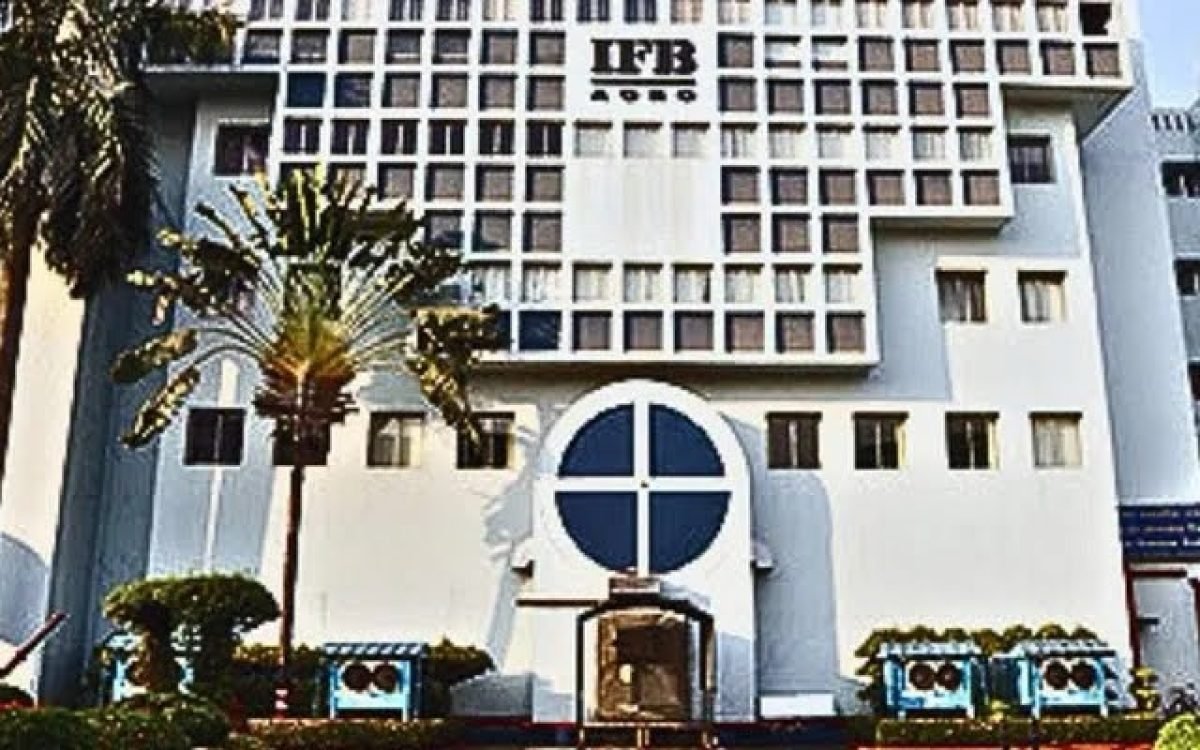IFB Agro’s recent declaration of paying Rs 40 crore to political parties through electoral bonds in the first nine months of the financial year 2023-2024 has sparked significant scrutiny and shed light on the intricate interplay between corporate interests, political dynamics, and societal challenges.
The revelation, amounting to three times the company’s after-tax profits for the same period, underscores the scale and implications of corporate contributions to political entities. IFB Agro, with its substantial presence in Indian-made-foreign-liquor (IMFL) production and seafood processing, finds itself embroiled in a milieu of political and social controversies, particularly centered around prawn farming areas in Sandeshkhali, West Bengal.
The company’s engagement with electoral bonds, albeit legal until the recent Supreme Court pronouncement deeming them “unconstitutional,” underscores the opacity surrounding political funding mechanisms in India. Despite refraining from naming specific political parties, IFB Agro’s interactions with the ruling Trinamool Congress (TMC) government of West Bengal have raised pertinent questions regarding the nexus between corporate interests and political allegiances.
Amidst disclosures in its financial filings and shareholder meetings, IFB Agro’s decision to allocate significant resources towards electoral bonds reflects the broader challenges faced by industries navigating political landscapes. The company’s strategic shift towards setting up fish feed manufacturing facilities in Odisha, amidst reported difficulties in West Bengal, further highlights the complexities inherent in balancing business imperatives with political exigencies.
The company’s past encounters with challenges, including the temporary closure of its Noorpur distillery following a violent attack, underscore the broader implications of industry-government dynamics and the need for greater transparency and accountability.
The unfolding saga surrounding IFB Agro’s electoral bond controversy serves as a microcosm of the broader complexities shaping India’s corporate and political landscapes. As stakeholders grapple with evolving regulatory frameworks and societal expectations, the case underscores the imperative for greater dialogue, transparency, and ethical conduct in corporate-political engagements.
In navigating these challenges, IFB Agro’s journey offers valuable insights into the intricacies of corporate citizenship, governance, and the evolving dynamics of industry-government relations in contemporary India. As debates surrounding electoral financing continue to evolve, the case of IFB Agro stands as a poignant reminder of the inherent tensions and opportunities at the intersection of business, politics, and society.









